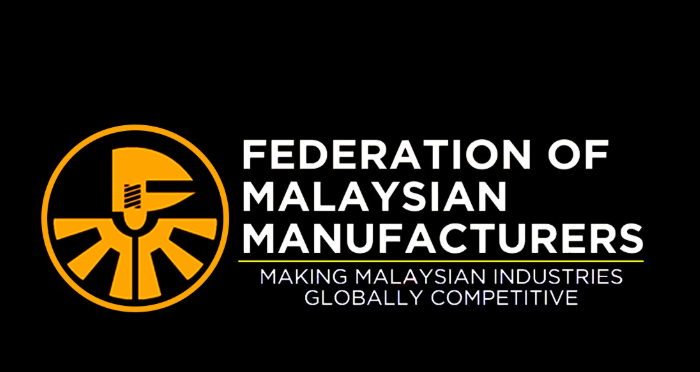Calls for Urgent and Coordinated National Response to Safeguard Malaysian Industry
KUALA LUMPUR, 10 April 2025 – The Federation of Malaysian Manufacturers (FMM) has welcomed the United States’ 90-day pause on the proposed reciprocal tariff as a critical short-term reprieve for Malaysian exporters. However, FMM cautions that this temporary suspension does not eliminate the significant long-term uncertainty still looming over the manufacturing sector.
Initially slated to take effect on April 9, 2025, the 24% tariff was expected to impact a wide range of Malaysian exports to the US. The delay allows manufacturers tactical space for supply chain recalibration, contract renegotiation, and strategic engagement—but not a pause in action, FMM warned.
“While this pause provides much-needed breathing space, it does not resolve the deeper uncertainties around US trade policy. Our members remain wary and are using this period to accelerate—not delay—contingency planning,” said FMM President Tan Sri Dato’ Soh Thian Lai.
Industry Concerns and Preliminary Survey Findings
Early feedback from FMM’s ongoing industry survey shows widespread unease:
- Companies anticipate export cost increases of 10%–30% or more
- There is rising pressure from international buyers to lower prices or revise terms
- Businesses are already shifting supply chains, seeking new markets, and engaging authorities
There is also growing concern about the potential redirection of exports from high-tariff markets into Malaysia, which could threaten domestic manufacturers with oversupply and price suppression.
Key Recommendations from FMM
To mitigate both current and future impacts, FMM urges the Government to take decisive and coordinated action across four key areas:
1. Sector-Specific Tariff Engagement and Technical Negotiations
FMM supports the Government’s diplomatic mission to the US and recommends targeted relief for critical sectors such as:
- Rubber products
- Industrial machinery
- Electrical and electronic components (non-semiconductor)
- Electronics Manufacturing Services (EMS)
- Furniture, paint, garments, and medical devices
These sectors are vital to both Malaysian industry and US supply chain resilience. FMM also encourages highlighting Malaysia’s open trade credentials to support reassessment of its tariff classification under the US framework.
2. Domestic Policy Support and Cost Mitigation
FMM reiterates its call for immediate policy relief to reduce domestic cost burdens:
- Deferment of the Sales and Service Tax (SST) expansion, set to take effect May 1, 2025
- Review of the upcoming electricity base tariff adjustment in July 2025
FMM has formally requested the Ministry of Finance to conduct an impact assessment on these policies to evaluate their effects on inflation, business continuity, and consumer affordability.
3. National and Regional Supply Chain Resilience
FMM calls for the establishment of a National Supply Chain Council to:
- Coordinate government and industry efforts
- Identify vulnerabilities and enhance trade/logistics continuity
- Support infrastructure, workforce, and certification alignment
Regionally, FMM urges Malaysia to leverage its ASEAN Chairmanship in 2025 to establish an ASEAN Supply Chain Coordination Council—promoting joint resilience and integration under the ASEAN Framework on Supply Chain Efficiency and Resilience.
4. Protecting the Domestic Market Against Unfair Trade
FMM urges immediate safeguards against trade diversion and unfair competition:
- Enhanced Customs enforcement to prevent fraudulent origin declarations and transshipment abuses
- Activation of trade remedy measures such as anti-dumping and safeguard duties where appropriate
- Ongoing import trend monitoring and stakeholder engagement to protect local manufacturers
Looking Ahead
FMM firmly believes that, with strategic coordination and coherent domestic policies, Malaysia can preserve its competitiveness and status as a trusted global manufacturing hub.
“The next 90 days are a window of opportunity. We must act swiftly to address today’s challenges while laying the foundation for long-term resilience in our manufacturing sector,” the FMM concluded.








